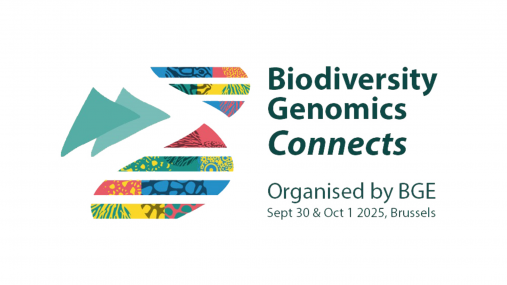The Biodiversity Genomics Connects (BGE Connects) symposium, organised by Biodiversity Genomics Europe, concluded last week after two days of engaging discussions, expert presentations, and forward-looking dialogue on the role of genomics in biodiversity research and conservation.
Held from 30 September to 1 October 2025 in Brussels, the event brought together researchers, policymakers, innovators, and stakeholders from across Europe to explore how DNA-based methods and genomic science can enhance biodiversity monitoring and conservation efforts.
Day one of the symposium set the stage with a strong focus on the latest developments in DNA barcoding and reference genome production, showcasing their importance in advancing biodiversity knowledge. Presentations highlighted key international and regional initiatives, including national Barcode of Life programmes - among them PolBOL, GrBOL, NorBOL, and BgBOL - as well as the BIOSCAN project of the International Barcode of Life Consortium and the Earth BioGenome Project, underlining their collective role in building the genomic foundations for global biodiversity science.
The sessions also explored how genomic data can be translated into real-world policy and practice, featuring examples of DNA-based monitoring in species communities and innovations that link scientific discovery to business applications.
The second day of BGE Connects shifted the spotlight to the future of biodiversity genomics infrastructure in Europe. Sessions focused on mainstreaming genomic tools into conservation frameworks and addressing challenges in standardisation, capacity building, and coordination. Policymakers and experts discussed strategies to support robust, interoperable genomic infrastructure and long-term collaborative networks that can underpin Europe’s biodiversity goals.
The event underscored the growing momentum behind the integration of genomics into European biodiversity monitoring.
